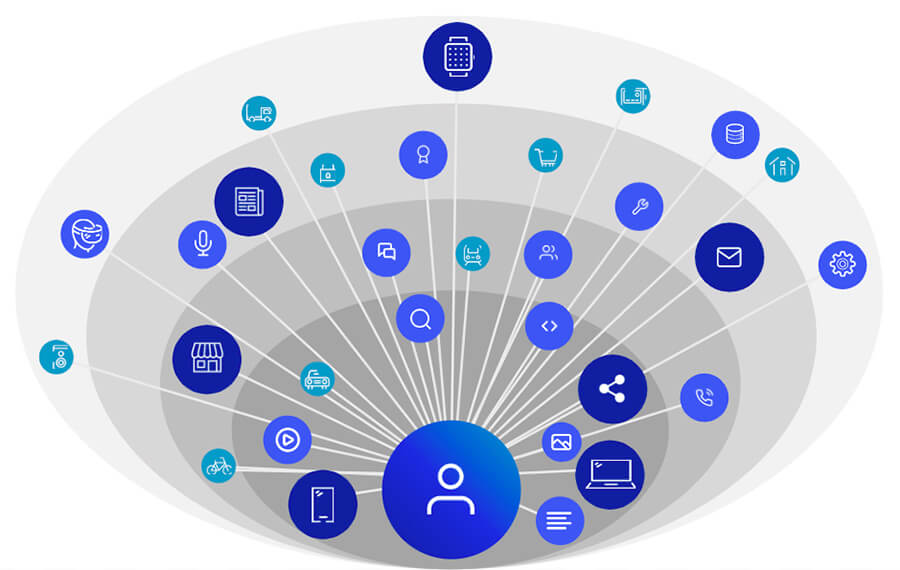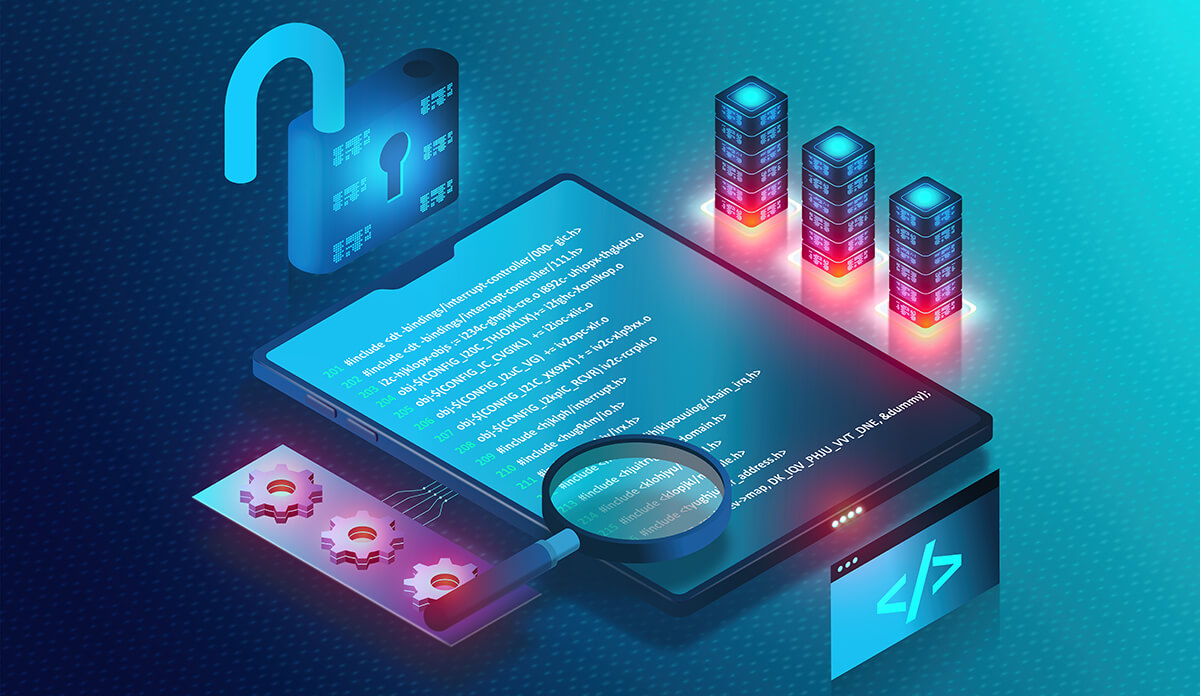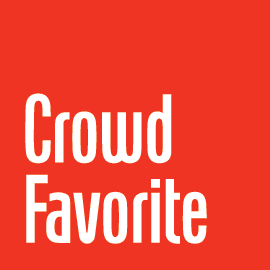What’s Best for Your Brand?
Few things impact modern business as much as data. Data impacts every aspect of a customer’s interaction with you, from the moment they visit your website through the purchase and beyond. You’re gathering so much data – and pushing so much out – that for many companies it’s becoming a real challenge to manage.
There are plenty of tools on the market to help you manage all this data, of course. Each of these platforms and solutions offers its own set of benefits and drawbacks. And one of the first questions we get from our clients is where should they start: DXP vs. CMS? We need to determine whether they need an agile Content Management System (CMS) or a more comprehensive Digital Experience Platform (DXP).
DXP vs. CMS: Which is Right for You?
Unsure about the right choice for your business? Let us help you make an informed decision between DXP and CMS.

Determining your needs
Not too long ago a CMS was considered sufficient for the average company. It allows you to host content, managing text and images for the company website. Some platforms even include support for pushing content to social media. The data streams have kept growing, however, until they expanded beyond the ability of the humble CMS.
definition
(CMS) Content Management System

An application used to create, edit, organize and publish content across multiple platforms and teams.
For some companies, even Fortune 500 organizations, the CMS is still enough. But increasingly, as we talk to customers about their needs, it’s clear that the DXP can open up a new world of functionality. Now we’re often looking to integrate eCommerce content – pricing and product descriptions, customer relationship management (CRM), search functionality and more – to create a seamless and personalized customer experience.
definition
(DXP) Digital Experience Platform
A robust digital framework that incorporates customer data and experiences into every step of the customer journey. DXP’s offer integrations and additional features that allow marketers to create personalized experiences across multiple channels and touchpoints of the Brand.

We have more data sources than ever, with an ever-growing list of ways we need to use it. And it’s not just collecting it, but we need to push that data to desktops, mobile screens and even smart devices in the home running software like Alexa or Google Home.
DXP vs. CMS?
All this complexity leads to the next consideration, which is what data architecture is right for the business. APIs now let us bring third-party data into the system, and even push that information out to customers and websites through various applications.
The increased capabilities of current CMS systems bring value, but at a price. The complexity of the system grows along with functionality, and soon you may have multiple admins managing multiple systems with multiple data streams in and out. The content team will require more time, training and other resources, and eventually the system may not be cost-effective.
To combat this problem of overwhelming complexity, companies like Adobe began developing DXPs and selling them as all-in-one solutions that include website and social content, inbound and outbound customer data, even testing and personalization. They bring with them a variety of other benefits out of the box, from SEO tools to A/B testing.
The downside of these DXPs is that they lock you into a proprietary SaaS system for the long term. This might work for organizations that are familiar with a vendor and have their strategy mapped out well enough to know what they’re getting into. Otherwise, once you get your DXP set up with all your data streams, it’s challenging to make a change to a different ecosystem if it turns out not to meet your needs. They can also be challenging to integrate with other third-party solutions.
DXP vs. CMS: Ask Us Anything!
Unsure about the right choice for your business? Let us help you make an informed decision between DXP and CMS.

The Open Source Alternative
If you’re looking for the benefits of DXP without the headache of being bound to one specific vendor, the alternative is to use an Open Source Solution. We’ve built a lot of DXP systems for Brands which offers several key advantages.
There are no licensing costs, and businesses see savings right away as well as in the long run. Open Source gives you complete control over your data, and you can innovate quickly without waiting for a vendor to adopt a new feature. And one of the most important advantages is a large community and a vast ecosystem of tools ready to customize for your needs.
Traditional, Headless, or Decoupled?
Once you’ve determined whether you need a traditional CMS or a DXP, then you can look at how complex your needs are and decide whether you want to consider a traditional, Decoupled or Headless architecture.
In a traditional approach, you need to manage your data input and output channels, which is becoming unwieldy for most businesses. A Decoupled Architecture gives you separate channels for front-end interfaces to control things like desktops, mobile devices and IoT-connected devices, either individually or as groups. These interfaces are controlled by APIs that connect to your data through servers.
Having your data 100% accessible to all the other platforms may have a giant upside that isn’t just about omnichannel publishing, but can provide insight and benefits for your internal business.
– Karim Marucchi, CEO

A Headless architecture is more complicated to implement but gives you an even more decentralized option for directing the data flowing in and out. In this approach, front-end interfaces connect directly to the APIs without the need for web servers. This approach is ideal for organizations that need to regain control over a large number of existing publishing channels or need all data to be interconnected to all systems. Headless DXPs can also offer significant performance improvements, as well as a robust security model.
In a crowded marketplace, every business needs to deliver the best customer experience possible. Fortunately, there are more tools and platforms available than ever before to help make that happen. If you want to learn more about whether a CMS or DXP is right for you, and whether you should adopt a Decoupled or Headless approach, contact us.
What to Learn More?
For more on Agile CMS vs. DXP, or Headless, What is best for your brand, see the full video by Karim Marucchi, CEO.





